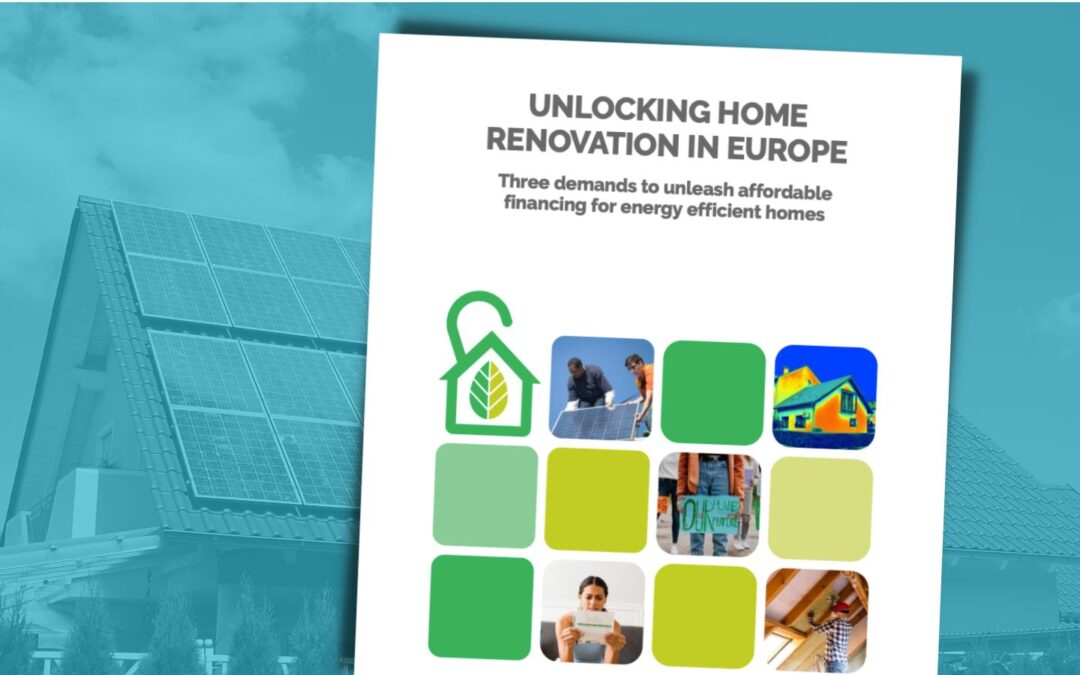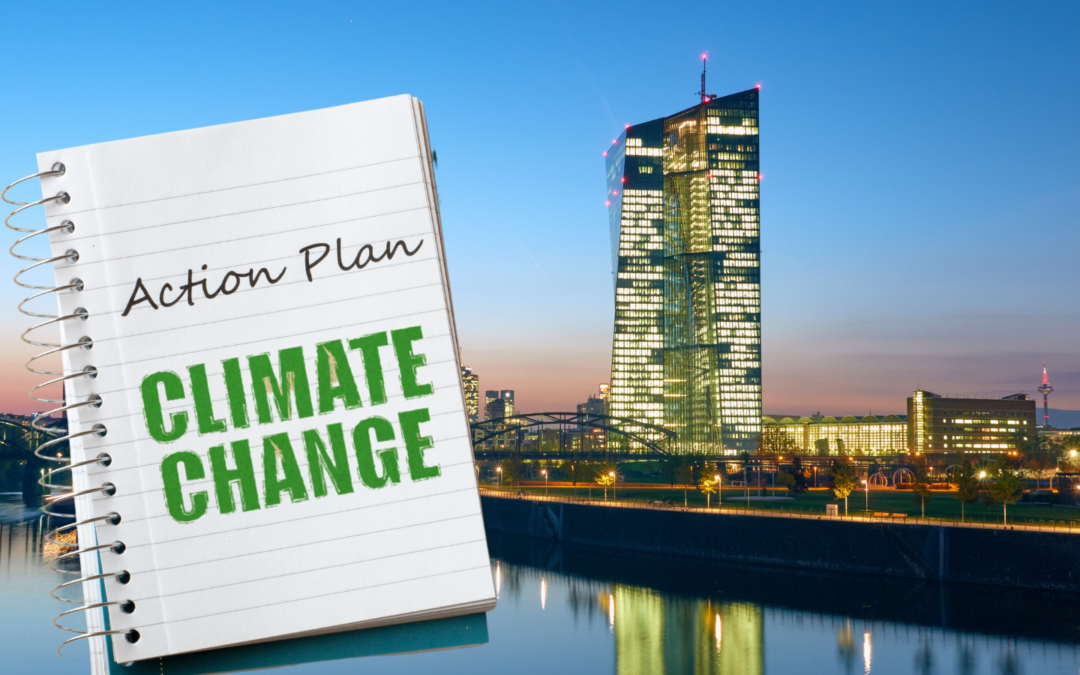
by Uuriintuya Batsaikhan | Dec 7, 2022
To reach net zero by 2050, the EU’s investment efforts are focused on two main areas: renewable energy and energy efficiency. The urgency for action has increased immensely given the current energy crisis. While the overall costs of green technologies have been decreasing and the scale of investments has been accelerating, the sudden and successive interest rate increases threaten to have a negative impact on the cost and the speed of the green transition. Only targeted monetary and fiscal interventions can counter the effects of rising rates and a deteriorating investment environment.

by Positive Money Europe | Sep 29, 2022
As bills rise, the planet gets hotter, and the energy crisis rages, fuelled by foreign fossil fuel exports, it’s clear that we cannot continue to burn fossil fuels as we do now. In the European Union (EU), buildings are currently responsible for 36% of carbon emissions – we need to take urgent measures to reduce energy use in our homes. Our people-powered “Unlock” campaign is based on three key demands to make this happen.

by Serena Di Luccio | Aug 11, 2022
True to our commitment to being the bridge between people and the European Central Bank (ECB), ahead of the last monetary dialogue in June we collaborated with our friends at SumOfUs to collect our supporters’ views, expectations and concerns related to the ECB’s work. The results showed overwhelming support for ambitious and proactive environmental actions by the ECB. They also rang a bell about the need for clearer communication from the Central Bank on the effects of its interest rate hikes.

by Stan Jourdan and Adua Dalla Costa | Jul 19, 2022
The latest ECB climate stress test shows that banks could face a wave of insolvencies on their mortgage lending as energy-inefficient homes make their clients vulnerable to higher energy prices. Banks’ unpreparedness to collect data on the energy efficiency of their real estate exposures exacerbates this risk even more. This is a wake-up call for the EU and governments to urgently strengthen supervision and oblige banks to unlock finance for the renovation wave.

by Stan Jourdan and Jordi Schröder Bosch | Jul 13, 2022
The European Central Bank (ECB) finally announced a clear shift away from its sacrosanct “market neutrality” principle, as it will introduce green criteria in its rules for corporate bond purchases and refinancing operations. While this is a significant improvement, the introduction of these measures remains slow and applies to only 5.87% of the ECB’s balance sheet.

by Marc Beckmann | Jun 28, 2022
A new study traces how climate change became a topic in Europe’s monetary policy. Utilising a novel and extensive dataset, it shows how the European Parliament, early on, called for a greener monetary policy and eventually allied with members of the ECB to forge a consensus on monetary policy and climate change. The study was financially supported by Positive Money Europe and authored by Dr. Elsa Massoc, a postdoctoral researcher at the Center for the Advanced Studies of Law and Finance.






